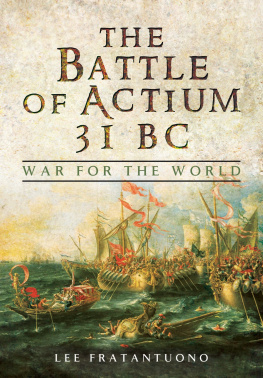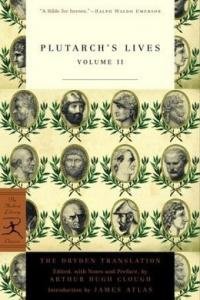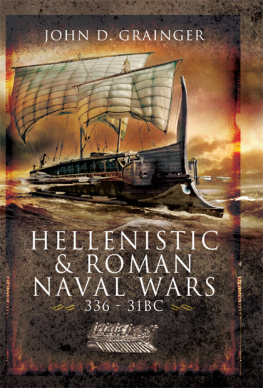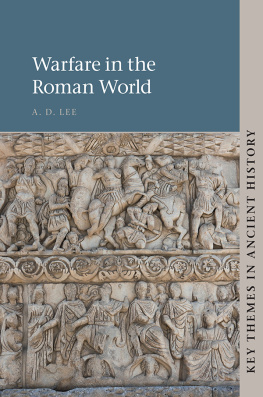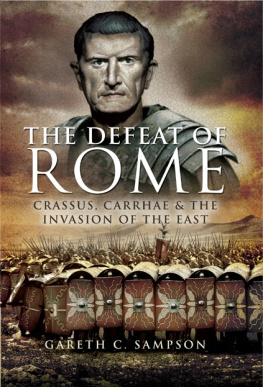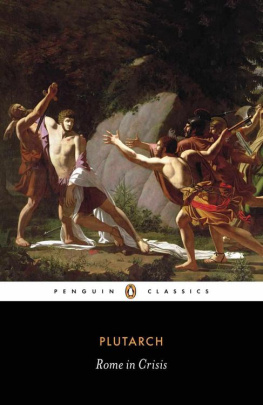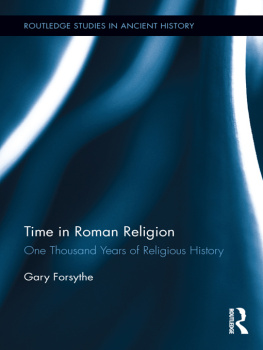First published in Great Britain in 2017 by
Pen & Sword Military
An imprint of
Pen & Sword Books Ltd
47 Church Street
Barnsley
South Yorkshire
S70 2AS
Copyright Lee Fratantuono, 2017
ISBN 978 1 47388 361 1
eISBN: 978 1 47388 363 5
Mobi ISBN: 978 1 47388 362 8
The right of Lee Fratantuono to be identified as Author of this work has been asserted by him in accordance with the Copyright, Designs and Patents Act 1988.
A CIP catalogue record for this book is available from the British Library.
All rights reserved. No part of this book may be reproduced or transmitted in any form or by any means, electronic or mechanical including photocopying, recording or by any information storage and retrieval system, without permission from the Publisher in writing.
Pen & Sword Books Ltd incorporates the Imprints of Pen & Sword Archaeology, Atlas, Aviation, Battleground, Discovery, Family History, History, Maritime, Military, Naval, Politics, Railways, Select, Transport, True Crime, Fiction, Frontline Books, Leo Cooper, Praetorian Press, Seaforth Publishing, Wharncliffe and White Owl.
For a complete list of Pen & Sword titles please contact
PEN & SWORD BOOKS LIMITED
47 Church Street, Barnsley, South Yorkshire, S70 2AS, England
E-mail:
Website: www.pen-and-sword.co.uk
Preface and Acknowledgements
T he present volume is one of a relatively small number of books devoted to the Roman republican military and political figure Lucius Licinius Lucullus. Among these titles, the most extensive scholarly treatment of Lucullus is that of Arthur Peter Keaveney, Lucullus, a Life , which was originally published in 1992 by Routledge. A second edition from Gorgias Press in 2009 offered a new postscript that takes account of the Lucullan scholarship that appeared in the seventeen years since the original printing (this second edition reprints the main body of the 1992 work without edit).
Keaveneys book is a masterful treatment of a complicated time and a difficult life. It is aimed at a scholarly audience, with extensive documentation of sources both primary and secondary. Keaveneys work assumes a certain familiarity with the history of the Roman Republic, in particular the political and domestic challenges of the first half of the first century BC. It seeks to offer solutions to several seemingly intractable problems in the timeline and investigation of Lucullus career, and to disentangle the thornier knots posed by contradictory sources. It is a valuable, indeed indispensable companion to any study of its subject, as the number of references to it in this work attests. Keaveneys work has largely eclipsed the most comprehensive biography available before it, van Ooteghems French language Lucius Licinius Lucullus (Brussels: 1959), which still retains its usefulness on a number of points. Manuel Trsters Themes, Character and Politics in Plutarchs Life of Lucullus: The Construction of a Roman Aristocrat (Stuttgart: Franz Steiner Verlag, 2008) is mostly concerned with Plutarchs biographical treatment of Lucullus. Neither van Ooteghem nor Trster offer the degree of coverage of all aspects of Lucullus life that Keaveney provides. It might also be useful to note that Keaveney, van Ooteghem and Trster are not always easily obtainable, especially by students (let alone the general reader).
From the start, I should make clear that my work on Lucullus does not in any way seek to replace, or even to supplement Keaveneys. Rather, it seeks to make Lucullus more accessible to a wider audience of readers, in particular to students and devotees of military history and Roman military science. Certainly it seeks to offer fresh appraisals of the same problems that Keaveney and other scholars have researched and appraised. But scholars will want to turn first to Keaveney. The present book seeks to focus more closely on Lucullus military career than his political, in keeping with the nature of the series of Roman military biographies in which it appears. At the same time, it also endeavours to present relevant commentary on that career from Lucullus literary and artistic pursuits, in particular with respect to the question of Lucullus as a Roman Alexander, and of Lucullus relationship to Epicureanism. Throughout, it does not so much aspire to say something new about its subject, as it hopes to make a major figure of republican Rome better known to a wider audience.
But why Lucullus? First and foremost, because among the figures of the military and political world of the late Republic, he is among the most underappreciated. Both personal achievements and the benefit of historical hindsight have made Caesar, Pompey and even Crassus appreciably more famous and familiar to later generations. Lucullus is all but forgotten, even among those with at least a passing interest in Roman republican history. This relative obscurity does not accord with the accomplishments of the man, both in the forum and the field; this almost studied neglect does not reflect the rsum of a man for whom, we shall see, the title Last of the Republicans is not inappropriate (Keaveney would confer the label on Lucullus spiritual father Sulla). In the life of Lucullus, we may well find a microcosm of many of the problems that confronted Rome, both domestically and internationally; Lucullus life is emblematic of his age, and both his successes and failures attest to the particular realities of Roman republican life to a remarkably transparent degree.
Another reason for a new consideration of Lucullus is that even after Keaveney, many passing mentions of Lucullus in works on Roman history, in biographies of his great antagonist Mithridates of Pontus and in volumes on republican military science refer to Lucullus as essentially a failure in his military and political quests in Asia, and, ultimately, a synonym for hedonist and decadent pleasure-seeker. This crude appraisal of the man remains all too common in otherwise praiseworthy treatments of the period. Lucullus enemies, one might almost think, performed exceedingly well in their enterprise of discrediting the man. Keaveneys work was groundbreaking in its reconsideration of an old stereotype that may well never die out entirely; the present volume seeks to expand on that re-evaluation of a man whose last years were a testament not so much to decadence as to acceptance of a fate that was undeserved and unmerited (Keaveney, we should note, has also done great work in treating the somewhat similar problems posed by the life of Sulla).
The abiding conviction that undergirds this book is that Lucullus deserves wider fame and appreciation for his deeds. A student of mine once commented that all she knew of Lucullus was the mention of him in Stanley Kubricks 1960 film Spartacus . I could not criticize her for the inaccurate observation; Kubricks film was the first time I too had heard of Lucullus. And, like her, I did not realize at the time that the film referenced his brother, Marcus Lucullus, and not the more accomplished Lucius. In hindsight, the inadvertent error of both my student and myself is instructive and worthy of reflection. Lucullus has been largely forgotten in comparison to his more storied rivals and colleagues. It is my conviction after spending many months with his life and story that he deserves wider fame. Both he and his brother achieved much in a difficult age; they became the glories of their family and were a credit to the Republic that nurtured and inspired them. Lucullus and his brother also stand forth as almost lonely examples of fame from their family; before them, their lineage could boast a scattered sampling of noteworthy figures and after them, there is almost nothing to report.


